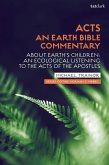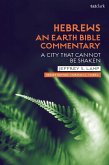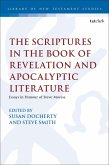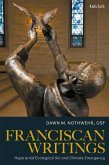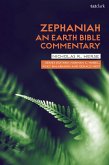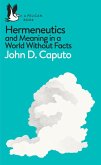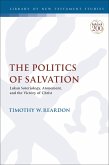In this volume, Jolyon G. R. Pruszinski examines the experiences of domestic and quotidian space that contributed to the extant form of many foundational early Jewish and Christian scriptures. His analytical approaches are derived from diverse sources including modern psychological science, Gaston Bachelard's critical theories of domestic space, and Henri Lefebvre's observations regarding "spatial practice."
The result of this attention to textual "ecology" or "home-logic" is an innovative exploration of classic texts yielding exciting new interpretive possibilities for the Gospel of John, the undisputed Pauline letters, the Parables of Enoch, the Book of Revelation, the History of the Rechabites, and Augustine's De Trinitate. Experiences of loss, homelessness, imprisonment, and marginal dwelling lie behind these texts and contributed to their authors' re-imagination and re-establishment of home. Pruszinski proves inescapably that while the most familiar of experiences are often overlooked, they are also among the most important of formative influences on the early Jewish and Christian literary imagination.
The result of this attention to textual "ecology" or "home-logic" is an innovative exploration of classic texts yielding exciting new interpretive possibilities for the Gospel of John, the undisputed Pauline letters, the Parables of Enoch, the Book of Revelation, the History of the Rechabites, and Augustine's De Trinitate. Experiences of loss, homelessness, imprisonment, and marginal dwelling lie behind these texts and contributed to their authors' re-imagination and re-establishment of home. Pruszinski proves inescapably that while the most familiar of experiences are often overlooked, they are also among the most important of formative influences on the early Jewish and Christian literary imagination.



